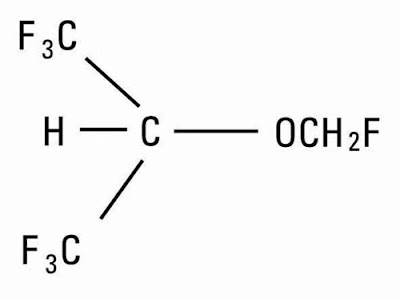Precision Medicine: Revolutionizing Cancer Diagnostics
 |
| Cancer Diagnostics |
Precision medicine, also known as personalized medicine, is a
groundbreaking approach that tailors medical treatments to individual patients
based on their unique genetic makeup, lifestyle, and environmental factors. It
has emerged as a game-changer in the field of cancer diagnostics,
revolutionizing the way we understand, diagnose, and treat cancer. By
integrating cutting-edge technologies, precision medicine is paving the way for
more accurate, effective, and targeted therapies, providing hope for patients
and clinicians alike.
Traditional Cancer
Diagnostics and treatment approaches have often relied on a
one-size-fits-all approach, assuming that patients with the same type of cancer
would respond similarly to a given treatment. However, cancer is a highly
heterogeneous disease, and each tumor can have distinct genetic alterations and
molecular characteristics. Precision medicine acknowledges this complexity and
seeks to uncover the unique drivers of each individual's cancer, enabling
oncologists to design customized treatment plans that are better aligned with
the patient's specific needs.
At the core of precision medicine in Cancer Diagnostics is genomic profiling. Advancements in high-throughput
sequencing technologies have made it possible to analyze the entire genomic
landscape of a tumor rapidly and cost-effectively. Through genomic profiling,
oncologists can identify specific mutations, gene alterations, and other
molecular abnormalities that drive the growth and progression of the cancer.
Armed with this comprehensive genetic information, they can make informed
decisions about the most appropriate targeted therapies for a patient.
One of the most significant benefits of precision medicine is
early detection. Traditional cancer screenings often rely on detecting symptoms
or visible abnormalities, which can indicate cancer at later stages when
treatment options may be limited. Precision medicine, on the other hand, allows
for the identification of cancer at its earliest molecular stages, even before
symptoms manifest. This early detection enables physicians to initiate
treatment when the cancer burden is minimal, potentially leading to better
outcomes and increased survival rates.
In addition to early detection, precision medicine also plays
a pivotal role in monitoring treatment response and disease progression. By
performing repeated genomic profiling of tumors during the course of treatment,
oncologists can assess how the cancer is evolving and if it is acquiring
resistance to specific therapies. This dynamic approach allows for real-time
adjustments in treatment strategies, ensuring that patients receive the most
effective therapies throughout their cancer journey.
Another aspect that precision medicine addresses is the issue
of drug resistance. Cancer cells are notorious for developing resistance to
conventional chemotherapy and targeted therapies over time. However, with the
help of precision medicine, clinicians can anticipate potential resistance
mechanisms and employ combination therapies or alternative treatments to
overcome these hurdles, prolonging patient response to treatment.
Despite its many promises, precision medicine also faces
challenges. The cost of genomic profiling and targeted therapies can be
substantial, limiting access to some patients. Additionally, the vast amount of
genomic data generated can be challenging to interpret and apply effectively in
a clinical setting. Nevertheless, ongoing research, technological advancements,
and collaborations between academia, industry, and healthcare institutions
continue to drive the integration of precision medicine into routine Cancer Diagnostics and treatment.
In conclusion, "Precision Medicine: Revolutionizing
Cancer Diagnostics" represents a paradigm shift in the way we approach
cancer care. By embracing the complexity of cancer biology and leveraging
advanced technologies, precision medicine empowers oncologists to make
data-driven decisions, delivering tailored therapies that maximize treatment
efficacy while minimizing adverse effects. As research progresses, precision
medicine holds the potential to transform cancer into a manageable chronic
condition, giving hope to millions of patients and their families worldwide.



Comments
Post a Comment